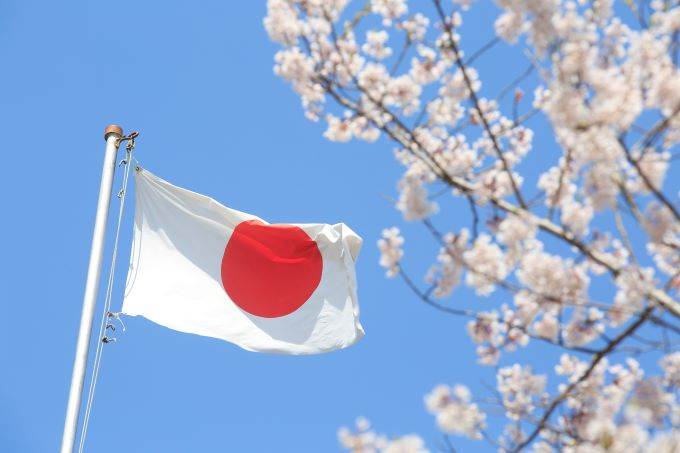 The Japanese Ministry of Economy, Trade, and Industry recently reported that industrial production dropped by 13.8 percent in August (year-to-year), worse than July's figure, which stood at -13.3 percent and worse than what the surveyed analysts expected, who foresaw it to drop by 13.3 percent. In monthly terms, industrial production gained 1 percent in August, after advancing by 1.7 percent in the previous month and below the analysts' expectations, who foresaw it to gain 1 percent.
The Japanese Ministry of Economy, Trade, and Industry recently reported that industrial production dropped by 13.8 percent in August (year-to-year), worse than July's figure, which stood at -13.3 percent and worse than what the surveyed analysts expected, who foresaw it to drop by 13.3 percent. In monthly terms, industrial production gained 1 percent in August, after advancing by 1.7 percent in the previous month and below the analysts' expectations, who foresaw it to gain 1 percent.
Japanese production capacity was at 2.9 percent in August, falling considerably from the previous month's 9.6 percent and below the surveyed analysts' expectations, who foresaw a 3.6 percent increase.
Yesterday, the media reported that the Japanese Prime Minister Yoshihide Suga will probably ask his cabinet government to approve additional stimulus measures. In any case, Suga is expected to make a decision after getting key economic indicators, among them third-quarter GDP figures.
“The government will launch economic measures flexibly in a timely manner without hesitation when necessary,” said the Chief Cabinet Secretary, Katsunobu Kato, adding that there are still 7.8 trillion yen available that the government plans to use first.
So far, 89,673 coronavirus cases have been reported in Japan, as well as 1,634 total deaths. On Tuesday, the government reported 496 new coronavirus infections. The Japanese government has been gradually lifting restrictions that were imposed to stop the advance of the epidemic, deciding to exempt business travelers and returnees from a 14-day quarantine requirement.
By 7:17 GMT the US dollar remained almost steady against the Japanese Yen, gaining 0.01 percent and hitting the 105.48 level.
EU Leaders Meeting Tomorrow to Discuss Brexit
European Union leaders are set to meet in Brussels on Thursday and Friday in order to discuss Brexit. According to a draft obtained by Reuters, they're going to say that the recent progress in talks with the British government is not sufficient to reach a trade deal.
In consequence, they are expected to tell the EU Chief Negotiator, Michel Barnier to intensify the trade talks with Britain, while also preparing for a no-deal exit.
“The negotiations are in a difficult phase,” told Barnier to the EU ministers according to sources, adding that movement on three key issues was still necessary.
Yesterday, European shares halt a three-day rally, which was being fueled by hopes for additional stimulus in the United States and by good economic news coming out of China. The pan-European Euro Stoxx 50 dropped by 0.57 percent, closing the session at the 3,279.19 level, followed by the DAX, which dropped by 0.91 percent during the session, closing at the 13,018.99 level. The IBEX 35 went down by 1.09 percent, closing the session at the 6,875.20 level, while the FTSE 100 went down by 0.53 percent during the session, closing the session at the 5,969.71 level.
By 7:59 GMT the Euro went down against the US dollar by 0.03 percent, falling to the 1.1741 level, while the Pound Sterling dropped by 0.40 percent against the greenback, falling to the 1.2882 level.
